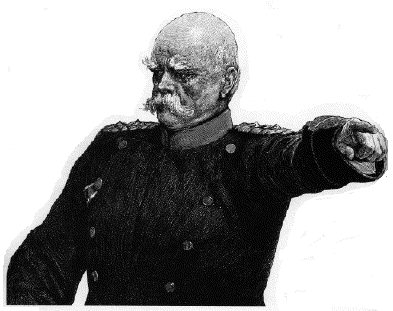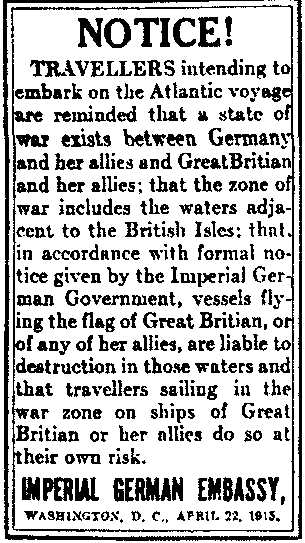Great
War
An Imperial History
John W. Morrow, Jr.
(Routledge)

- Titillating images and tales of the "rape" of Belgium and of its women, and the consequent necessity to protect a "feminine" Belgium committed by a "masculine" Germany, pushed men to enlist.
- The Belgians would suffer far, far less under their German conquerors than Leopold's African subjects had suffered under their rule, but to Europeans the life of one European equaled those of numerous "savage" colored people.
The worst battles? Most historians, because of their Anglo-French bias, cite those on the Western Front (the Somme, Ypres). But in man-losses per day (the number of men killed, on average, between August 1914 and November 1918), the French lost 900. the Germans 1,300, and the Russians 1,459.
Let us pause a moment to study --- perhaps honor --- these figures. For a period of four years and four months, an average of almost one thousand five hundred young Russians lost their lives in combat. These are per day averages.
A total of 900,000 from the United Kingdom were killed. France lost almost 30 percent of its "youngest conscript class." And the country that proportionately lost the most? Serbia --- with fifteen percent of its total prewar population gone to their graves by the end of 1918.
 It is staggering any way you want to count it. The total dead by the end of 1918: 3,500,000 from the Central Powers, 5,200,000 from the Entente. But, as Morrow states, "many of these figures are conjectural. Those for Russia and Turkey are almost certainly too low, but no accurate figure exists."
It is staggering any way you want to count it. The total dead by the end of 1918: 3,500,000 from the Central Powers, 5,200,000 from the Entente. But, as Morrow states, "many of these figures are conjectural. Those for Russia and Turkey are almost certainly too low, but no accurate figure exists."
To put it in current terms, if They --- some terrible They --- laid siege to New York City for over fifty-two months, and decimated it completely --- that would be most but not all of the loss of life in WWI. And if 21st Century United States were to lose in some war or another the same proportion to those men, women and children lost by France, you and I would see 90,000,000 Americans to their graves.
What astonishes in this strange, aberrant war was how the populations of France, England, Germany, Austria-Hungary, and Italy, and Russia put up with the privations, disruptions, mutilations, familial losses, hunger and malnutrition for so long.
Americans tend to dislike long wars. One critic stated that Americans "get cranky" if they are forced to watch nightly war-murder on their TV screens (other forms of butchery we seem to enjoy more). This suggests that the Viet-Nam War came to an end not because we were losing (we weren't: but then again, no one was winning) but because it went on too long. Probably in the same way, daily presentations of our adventures in Iraq will soon become vastly irritating to those of the citizenry who prefer watching Oprah.
